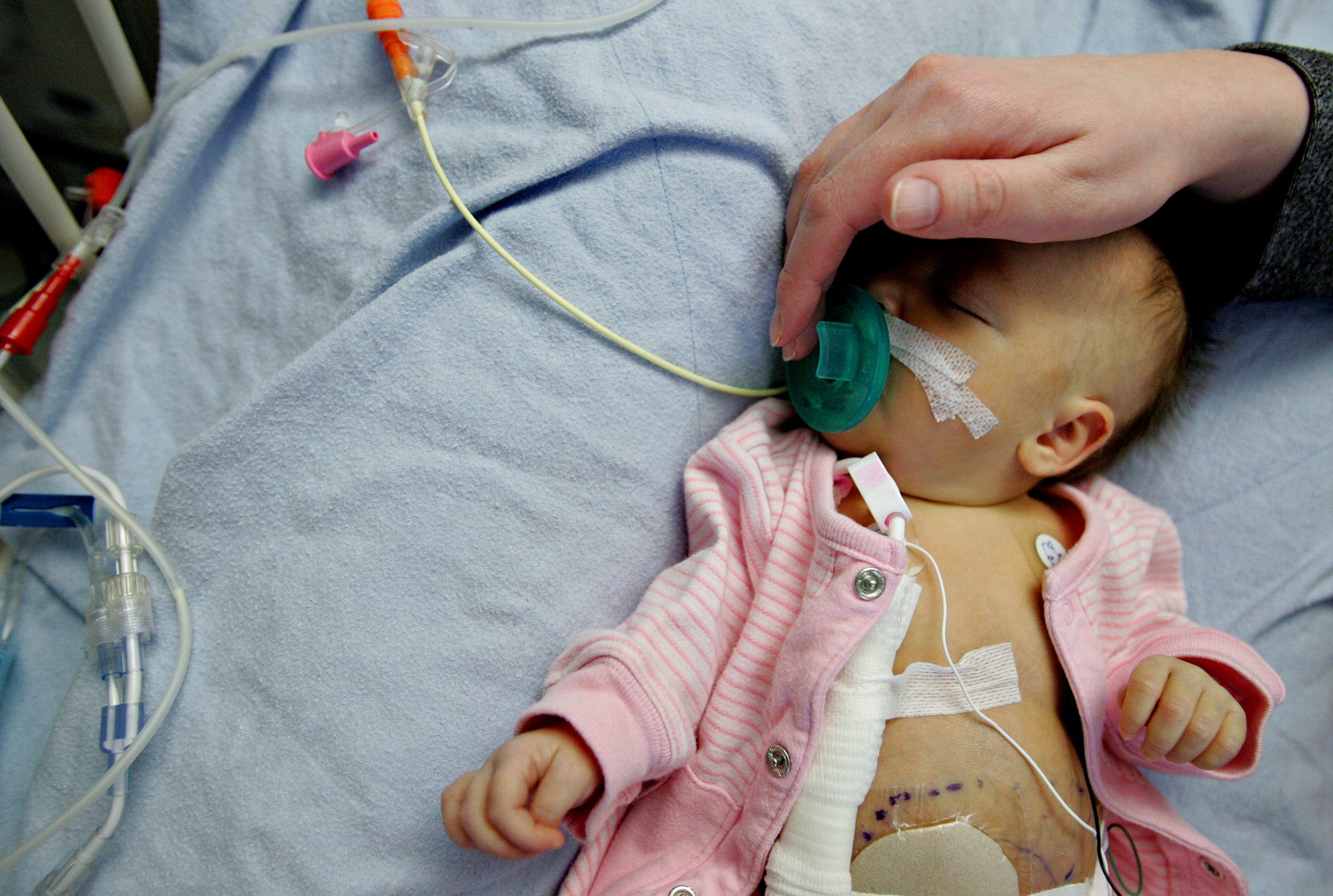
It’s something no parent ever wants to experience: having an infant born with organs outside his or her body, and being immediately whisked off to surgery. But it’s something more and more are having to face as a disturbing increase in the number of these cases is leaving scientists confounded.
In a report published Friday, the Centers for Disease Control and Prevention (CDC) described gastroschisis as “a serious congenital defect in which the intestines protrude through an opening in the abdominal wall.”
It was already documented that gastroschisis is more common among younger mothers, and the prevalence of the defect had nearly doubled between 1995 to 2005. But in the new report, the CDC found that prevalence is still increasing, and it’s correlated to race as well.
Between 1995 to 2012, incidents of gastroschisis increased in every category of maternal age and race. But the increase was largest by far among non-Hispanic black mothers who were less than 20 years old: gastroschisis increased by 263% during that 18-year period.
The CDC estimates that just under 2,000 babies are born each year with gastroschisis. But the exact causes of the defect are still unknown, and scientists do not know why it is happening more and more.
“Public health research is urgently needed to identify the causal factor(s) contributing to this increase,” the report says.
More Must-Reads from TIME
- Where Trump 2.0 Will Differ From 1.0
- How Elon Musk Became a Kingmaker
- The Power—And Limits—of Peer Support
- The 100 Must-Read Books of 2024
- Column: If Optimism Feels Ridiculous Now, Try Hope
- The Future of Climate Action Is Trade Policy
- FX’s Say Nothing Is the Must-Watch Political Thriller of 2024
- Merle Bombardieri Is Helping People Make the Baby Decision
Write to Tessa Berenson Rogers at tessa.Rogers@time.com